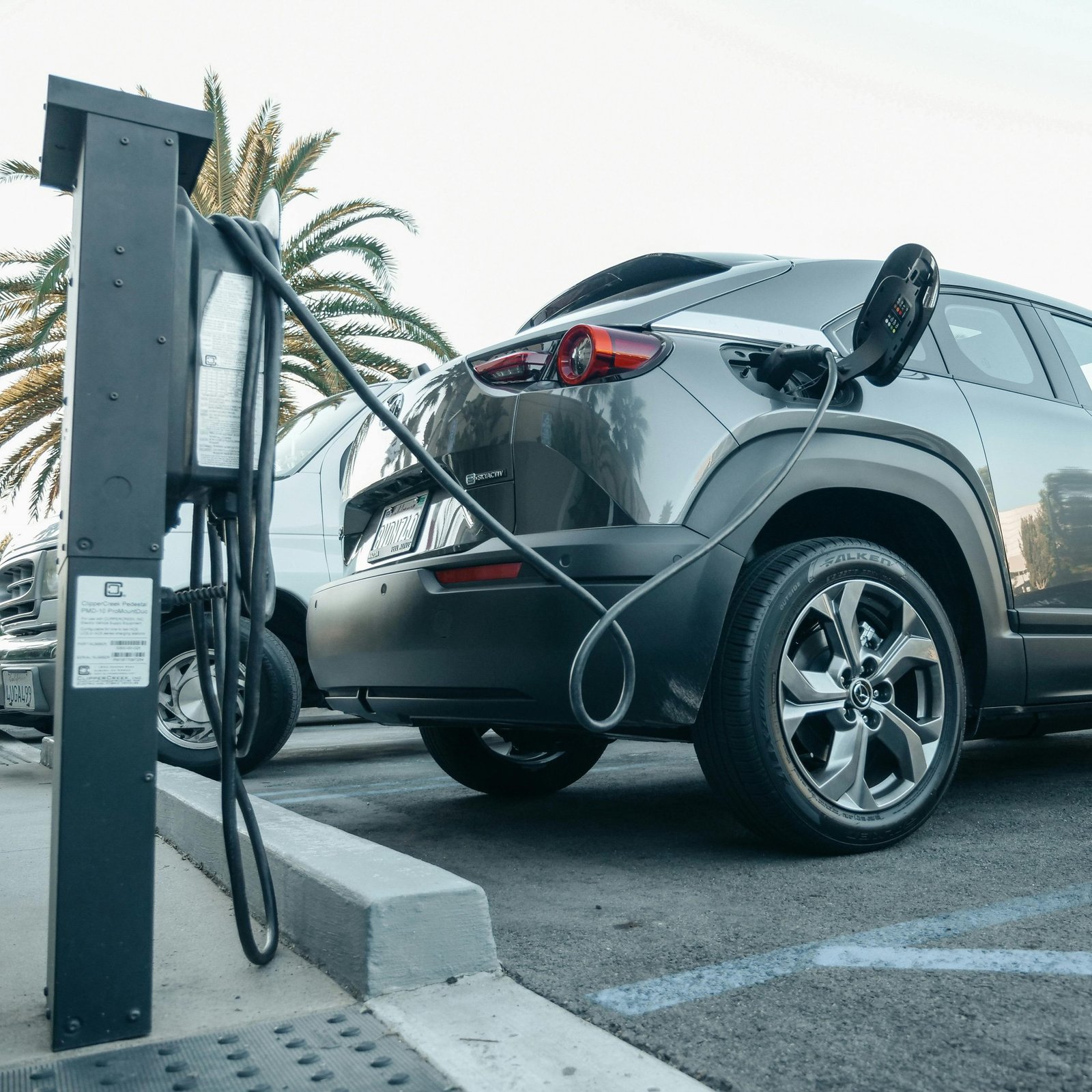Introduction
As the world shifts towards sustainable energy sources, more and more people are turning to electric vehicles (EVs) as their primary mode of transportation. Along with reducing carbon emissions, owning an EV also comes with various financial benefits such as lower fuel costs and tax incentives. However, as with any major purchase, it is important for EV owners to consider the various insurance and loan options available to them.
EV Insurance
First and foremost, when it comes to insurance for EVs, it is important to understand that they are significantly different from traditional gasoline cars. This means that insurance policies for EVs are also different and require specific coverage. For instance, EVs have a higher upfront cost compared to gasoline cars, which means that they are generally more expensive to repair. This is due to the complex technology and specialized parts that make up an EV. Therefore, it is crucial to have comprehensive coverage that includes protection for these expensive parts in case of any damage or malfunction.
Maintainance
In addition to the higher repair costs, EVs are also more susceptible to theft due to their valuable battery packs. This makes it essential for EV owners to have theft coverage included in their insurance policy. Furthermore, EVs have a limited driving range and longer charging times, which means that they are more likely to be stranded on the road. In such situations, having roadside assistance coverage can be a lifesaver. Some insurance companies even offer specialized roadside assistance for EVs, which includes services such as charging and towing to the nearest charging station.
Another important consideration for EV owners when it comes to insurance is the battery warranty. Most EV manufacturers offer a warranty for the battery, which covers any defects or malfunction. However, this warranty usually expires after a certain number of years or miles, leaving the owner responsible for any repair or replacement costs. Therefore, it is crucial to have insurance coverage that includes protection for the battery in case of any issues beyond the warranty period.
Vehicle Finance
Apart from insurance, another major consideration for EV owners is financing their vehicle. Due to the higher upfront cost of EVs, many people opt for loans to make the purchase more affordable. However, it is important to understand that EVs have a different depreciation rate compared to traditional cars. This means that their value decreases at a slower rate, making them a better investment in the long run. But this also means that lenders may offer different interest rates and loan terms for EVs compared to gasoline cars. It is crucial for EV owners to shop around and compare different loan options to find the best deal.
Moreover, EV owners should also consider the available tax incentives and rebates for their vehicle. Many states and countries offer tax credits for purchasing an EV, which can significantly reduce the overall cost of the vehicle. In addition to this, some lenders may also offer lower interest rates or special financing options for EVs to encourage their adoption. It is important for EV owners to research and take advantage of these incentives and rebates to make their purchase more affordable.
Charging Cost
Furthermore, EV owners should also consider the cost of owning an EV in terms of charging. While charging at home is generally more cost-effective compared to fueling a gasoline car, there are still expenses associated with it. This includes the cost of purchasing and installing a home charging station, as well as the cost of electricity. Some states and utility companies offer special programs and discounts for EV charging, which can help reduce these costs. It is important to research and compare these options to find the most affordable charging solution.
Conclusion
In conclusion, owning an EV comes with various financial considerations, including insurance and financing. It is important for EV owners to understand the specific insurance needs of an EV and have comprehensive coverage in place. They should also research and compare different loan options to find the best deal, taking into account the different depreciation rate of EVs. Furthermore, taking advantage of tax incentives and rebates, as well as researching affordable charging options, can make owning an EV even more financially beneficial. With proper consideration and research, owning an EV can not only be environmentally friendly but also a financially sound decision.






